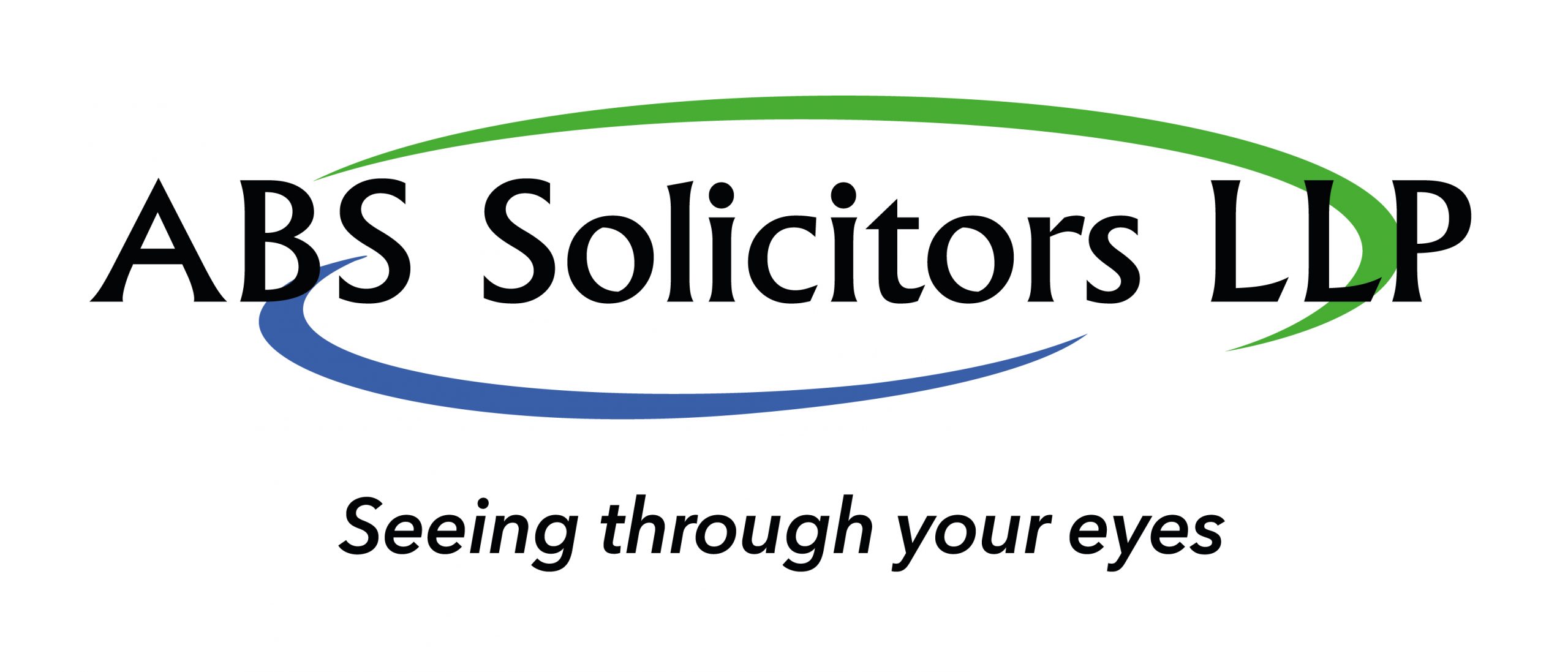The First-tier Tribunal (FTT) ruled that for a lower inheritance tax to apply, a will must be clear as to its charitable intentions.
Background:
Samuel Marks and Hilda Marks (HM) were husband and wife. Mr. Marks died in April 2014 and Mrs Marks passed away in October 2015. According to Mr. Marks’s will of March 2011, his executors and trustees were his wife, daughter and son. The will provided for several pecuniary legacies with the residue of his estate being held in trust for life for his wife.
The Hilda and Samuel Marks Foundation was wound up and its assets transferred to two other registered charities, the trustees of each being members of the Marks family and the executors made various deeds to this effect.
In 2016, HMRC reviewed the inheritance tax account regarding valuation issues and business property relief (BPR). In July 2018, Mrs Marks’s executors argued that, due to an incorrect interpretation of the will of Mr. Marks, there were insufficient funds for the trust to discharge its intended 25% charitable payment. The revised charitable contribution exceeded 10% of both components of HM's estate and the reduced rate of inheritance tax (IHT) of 36% could apply. HMRC disagreed and issued three Notices of Determination.
The executors duly appealed against the Notices of Determination issued under Section 221 of the Inheritance Tax Act 1984 by HMRC regarding the estate of HM.
Decision:
The FTT was faced with two key issues. The first was whether the charitable giving condition in Schedule 1A to the Inheritance Tax Act 1984 applied to reduce the rate of IHT payable by the estate from 40% to 36% and whether the 'Kosher holiday let' apartment qualified for BPR. The appeal was dismissed in relation to both issues.
The FTT agreed with HMRC’s reading of the will by noting that there was no lack of clarity nor any requirement to maintain the quantum of charity contribution. Moreover, the fact that the initial forms submitted for Mrs. Marks’s estate showed a different view and were signed off by the executors which contained a lower payment for charity. The conditions for claiming the reduced rate were therefore not fulfilled.
The Judge recognised that the trustees did not appreciate the IHT consequences of their actions, although HMRC’s determinations were upheld. The Judge commented that it was not possible to alter the legal consequences of the steps taken, as 'not intending the eventual tax result of a transaction is distinct from not intending its legal consequences'.
The FTT also determined that the transfers to the grandchildren were absolute appointments of trust property and not advances.
Regarding the holiday let, the Court acknowledged that there were some additional services provided based on several witness statements. However, the lack of evidence, such as invoices or documentation supporting how the business was operated, meant they were insufficient to overturn HMRC's view.
Implications:
This decision is a good reminder of the importance of clear drafting in wills, especially when there is a charitable intention. It also highlights the importance of understanding the consequences of such actions on inheritance taxes. Moreover, this judgement emphasises the importance of claimants providing compelling evidence when contesting tax determinations made by HMRC.
Regarding the BPR, it is yet another case where HMRC has successfully challenged a claim for holiday-losing businesses.

